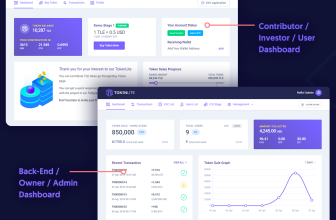What Does Blockchain Promise For The Food Industry As Such
Blockchain technology could transform the entire food industry, some bullish tech prospectors say, by increasing efficiency, transparency and collaboration throughout the food system. Imagine being able to trace back to the location where your lettuce came from in a matter of seconds, or even stores could verify if a carton of eggs is actually cage-free?
Blockchain is just a digital ledger, a digitized record of whatever data is added by its members, with no ability to verify the accuracy of the underlying data itself. Where blockchain starts to reach its potential is when it’s used with other technologies and systems. When used with sensors and precision delivery systems for pesticide and water all connected to a network, as with the Internet of Things, blockchain can be used to gather a wealth of data and employ it in the field. Farmers, who don’t sell their food to a farmer’s market, often struggle with how to engage with the public – blockchain has the ability to simplify things for them and get the information they are looking for.
Blockchain could be used to tell consumers that the corn was grown with herbicide, for example, but maybe someday there could be a mechanism for explaining why that herbicide is used, or a comparison of that herbicide to other weed prevention systems or removal methods. The complicated nature of agriculture doesn’t always translate so well to a smartphone app, but then again, that might be a challenge that’s too big for blockchain to solve anyway.




